Review: 'Midnight Mass'
An exploration of faith and addiction, and the escape from both, this is Mike Flanagan's most personal story to date
In the quiet of the small island community, three teenagers venture to a nearby islet to smoke weed and drink beer, away from their parents’ prying eyes. The place is overrun with stray cats, their glowing eyes reflecting in the kids’ flashlights.
Suddenly, they hear the sound of enormous wings overhead. Moments later, a pair of luminous eyes, too high and wide-set to belong to a cat, gleam back at them from the darkness beyond their small bonfire.
This is Midnight Mass. Directed by horror maestro Mike Flanagan, known for Netflix miniseries such as The Haunting of Hill House, The Haunting of Bly Manor and The Fall of the House of Usher, along with feature films such as Doctor Sleep, Hush and Oculus, it is his most personal title to date, exploring his past struggles with faith and substance abuse.
Flanagan has established himself as a master of slow-burn, character-driven horror drama. As with his other work, Midnight Mass leans on recognizable horror elements but reshapes them with a distinctly personal focus — less about the scares and more about the people living through them.
Set in an isolated island community fallen on hard times, Midnight Mass follows the lives of the inhabitants as a new and charismatic priest, Father Paul (Hamish Linklater), arrives to take over for the old priest, who has been hospitalized on the mainland after taking sick on a pilgrimage to Jerusalem.
Mysterious events soon begin to occur. The island’s devout residents start to feel healthier and happier. Physical ailments vanish, and many appear younger. When a paralyzed girl stands up from her wheelchair in church, most are convinced that the new priest has the power of God on his side, starting something of a religious revival, with the small population, convinced that they are blessed.
Midnight Mass is, above all, a character-driven horror-drama. The supernatural elements take a back seat to the characters’ thoughts and motivations. The story starts slowly, with a creeping sense that something isn’t quite right with the new priest. What is in that massive trunk he brought into his new home?
A few ask questions. And in the dead of night, some of these disappear, never to be seen again.
The series’ main cast enforces this character-driven approach. Zach Gilford plays Riley Flynn, a troubled young man returning to his family home on the island after a four-year jail sentence for killing a woman in a drunken car accident. He reconnects with his now-pregnant childhood sweetheart, Erin Greene (Kate Siegel).
Both are haunted by their past and present circumstances, and Gilford and Siegel deliver performances that will stick with you for a long time, most notably in their conversations about faith and death, performed throught Mike Flanagan’s trademark monologues.
While there are some scenery-chewing moments from the more extreme religious characters in the community, the cast is still very good throughout, with strong performances from many of Mike Flanagan’s regular ensemble.
Rahul Kohli also stands out as Sheriff Hassan, a Muslim police detective who escaped the post-9/11 racism and religious bigotry in the big city. Kohli gives us a soulful performance as a law enforcer trying to raise his teenage son who is drawn between his father’s and his now-dead mother’s Muslim faith and the growing Christian revivalism that is spreading through the small island community.
However, the major standout performance comes from Hamish Linklater as the mysterious Father Paul. Linklater delivers a nuanced, gripping performance as the charismatic yet tormented priest, balancing conviction and fragility with every sermon and stare.
His true — and dark — nature slowly comes to light, pulling us into a spiral of secrets and dread. The story often takes Father Paul’s perspective, and Linklater perfectly balances our sympathy and revulsion.
Like Flanagan’s earlier Netflix series, Midnight Mass explores strong themes and messages, like faith, addiction, mortality, and community. For some, it might be a bit on the nose, especially those of us already familiar with debates about religious belief. Having lost his childhood faith, Riley Flynn quotes rote arguments by atheist writers like Richard Dawkins and Neil deGrasse Tyson with the same conviction as a priest’s sermon, for instance.
Likewise, the religious characters, both moderate and fanatical, preach familiar — and equally rote — arguments for God’s existence, with religious conviction slowly turning to militant fanaticism as more miracles appear through the community.
Midnight Mass asks many questions about belief, spirituality, dependency, and death but provides no definitive answers, nor does it take a clear side. Instead, it warns — most of all — against the dangers of fundamentalism, fanaticism, and blind faith, no matter where you stand.
Some time ago I listened to an episode of the excellent podcast Script Apart where Mike Flanagan discussed the series. As I’m gradually moving my focus over to screenwriting, I thought it would be very interesting to watch the series again through that lens.
An interesting thing I learned is that Midnight Mass is, of all Flanagan’s miniseries, the one dearest and most personal to him. Flanagan’s own struggles form the basis of this story. If you know Flanagan’s background — something he has been very open about — you might view the series very differently, and rewatching it after I heard him talk about his life, it hit me hard. It is a story about addiction and religion, the beauty and loss of faith, and the dangers of fanaticism and charismatic leaders.
For horror fans, there is a lot to look forward to. Although I won’t get into spoilers, the series never wallows in blood and gore. There are some jump scares now and then, some quite effective, and generally good special effects throughout.
However, some aging effects and make-up seemed too apparent, especially when younger actors are aged up with make-up, only to be gradually de-aged as the story progresses. It was sometimes so easy to spot that it might even be considered a spoiler; you can easily see that some actors have age make-up that will come off later in the series. This is nitpicking, however.
If you’re reading this and think this sounds like something Stephen King might cook up, you’d be right. It all has a very King-esque atmosphere. I won’t name any specific King titles, as that could be counted as spoilers, but if you’re a fan of the author, chances are you will enjoy Midnight Mass immensely. One of Mike Flanagan’s major influences is Stephen King, after all.
Just remember that the narrative takes its time to build up, with mysterious events, disappearances, and what seems like miracles happening in the small community. And of course, this sparks religious fervor, and as if on cue, fanaticism soon rears its ugly head.
Conflict soon follows between the members of the community, leading to factionalism. The plot might not be the most original; it channels familiar territory for Stephen King fans — isolated towns, strange visitors, creeping dread — but it’s done with such sincerity and care that it still feels distinctive. That said, it is how the story is conveyed through its characters that impressed me. Midnight Mass is populated by characters it is easy to love or hate. Or both, in some cases.
Although the atmosphere is excellent throughout, I felt that the story was slightly more robust in the first four or five episodes. When the wheels finally come off and the town goes nuts, some of the story’s creepy and mysterious atmosphere is lost to more standard horror tropes.
Mike Flanagan has said in the Script Apart podcast that some of the horror tropes throughout the series — especially one involving a cat — were included due to interference by Netflix, and he would cut it if he could.
That said, Midnight Mass works excellently and might have one of the most interesting premises I’ve seen in a horror series. Its strength is in its characters, which I find is rare in the horror genre, but it is something Mike Flanagan does very well.
It’s a series I have watched several times since its release on Netflix in 2021. It’s well placed next to my two other Flanagan favorites: The Haunting of Hill House and The Fall of the House of Usher, and it is one I will revisit many more times in the years ahead.

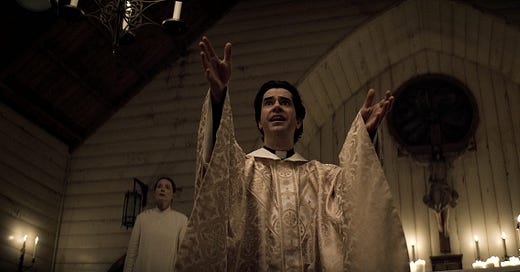



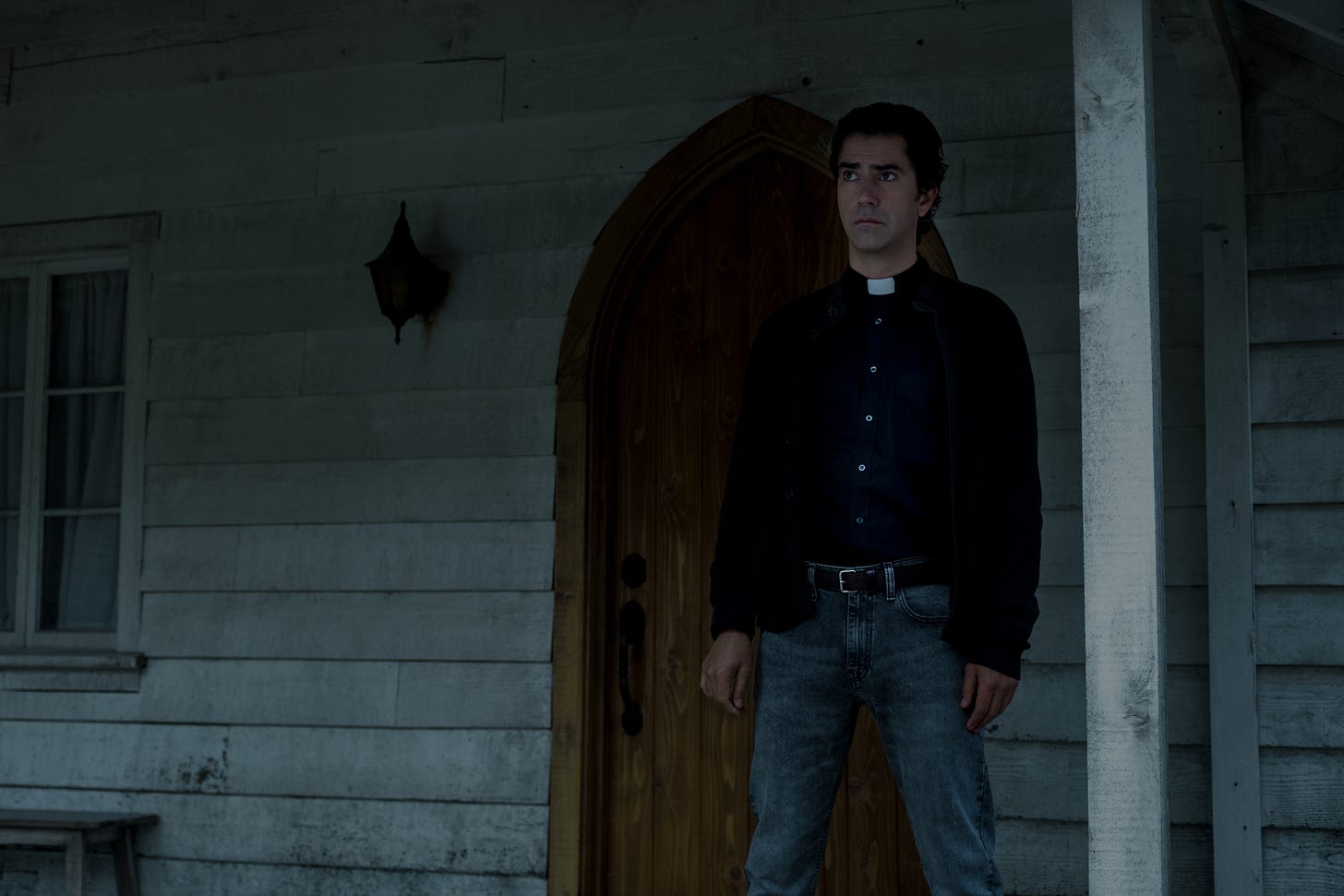
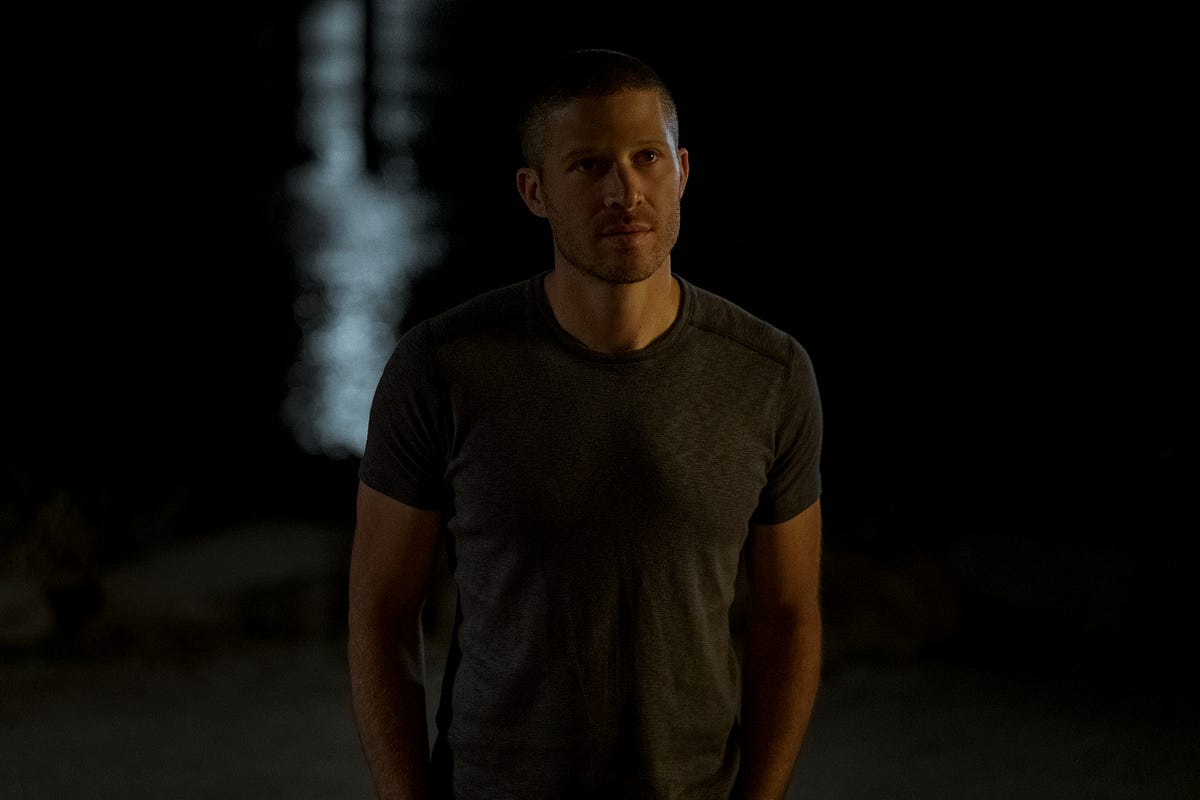
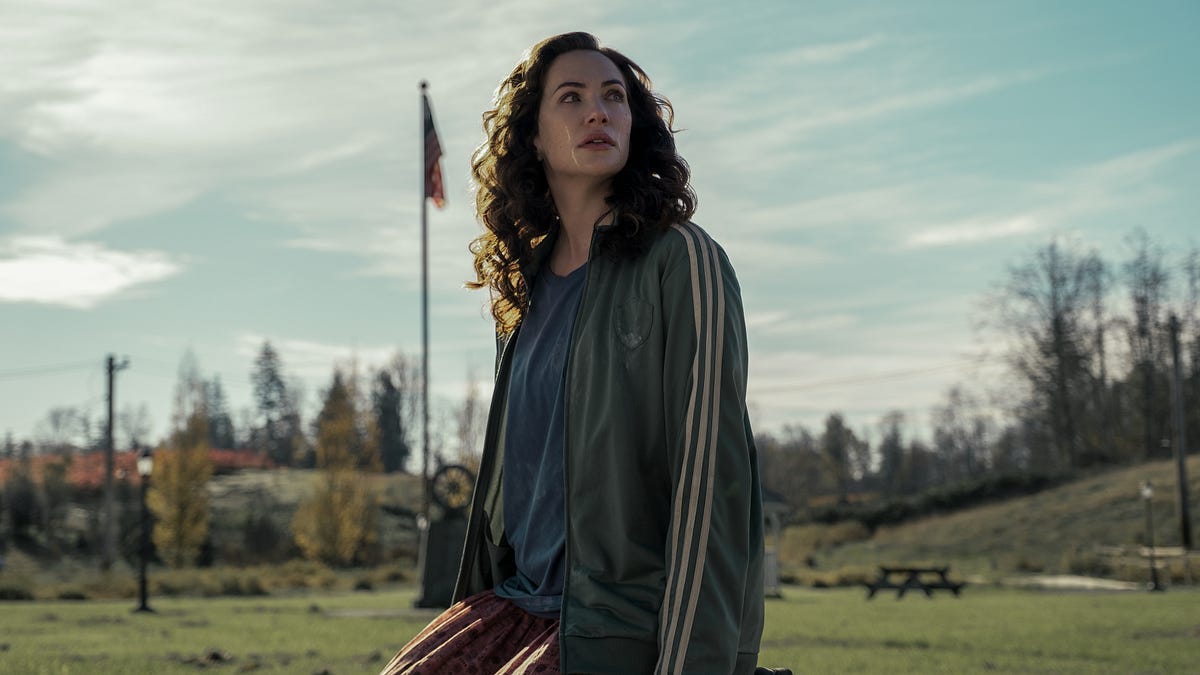
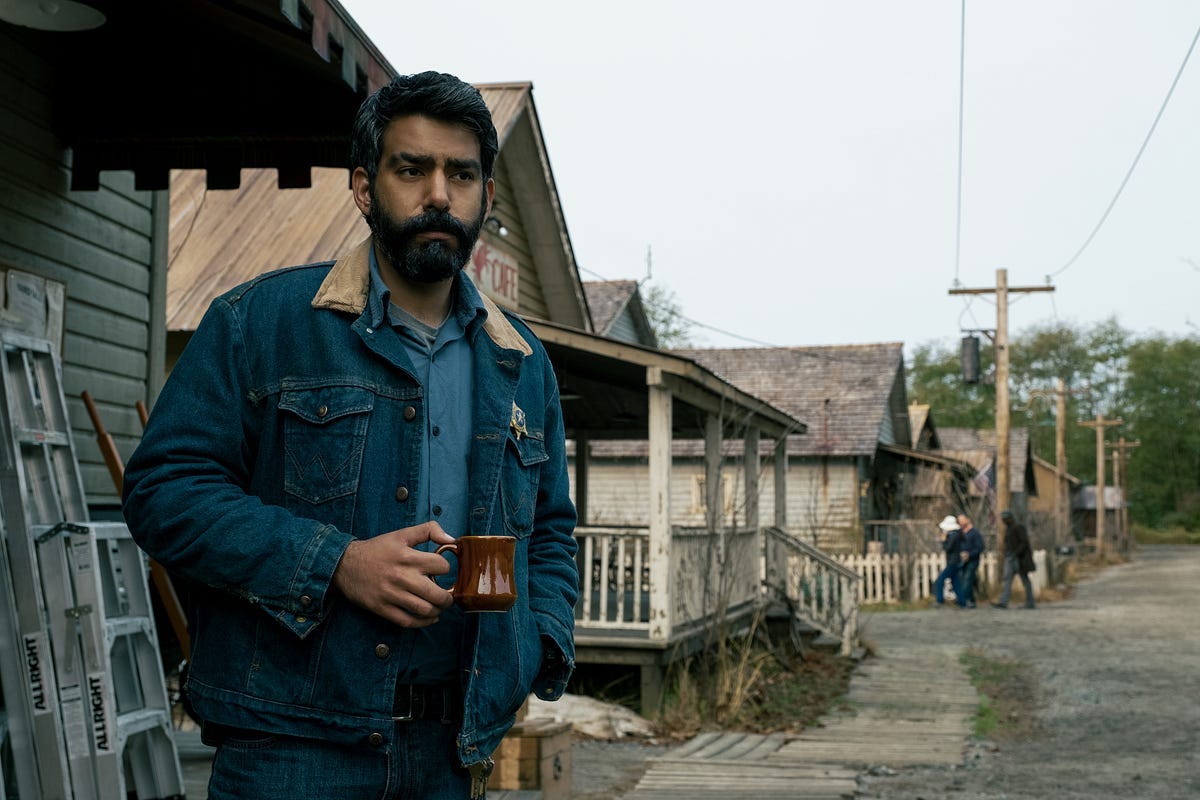
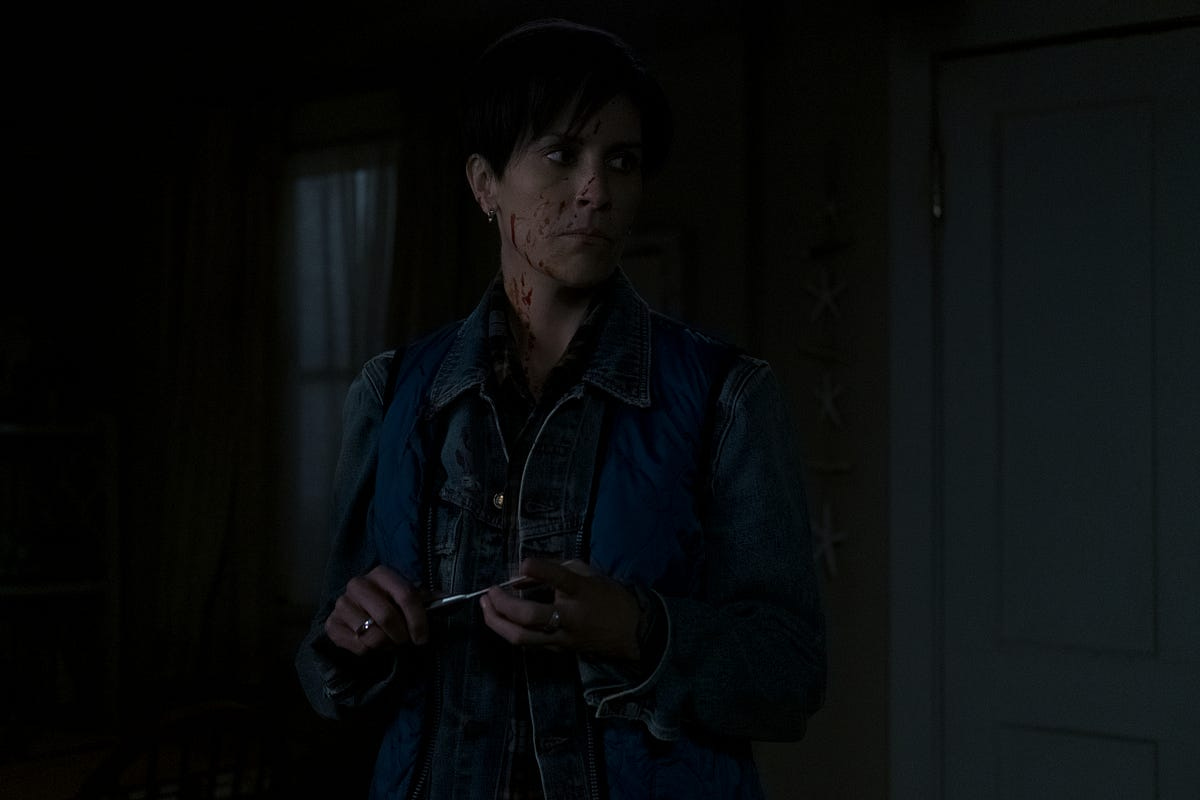
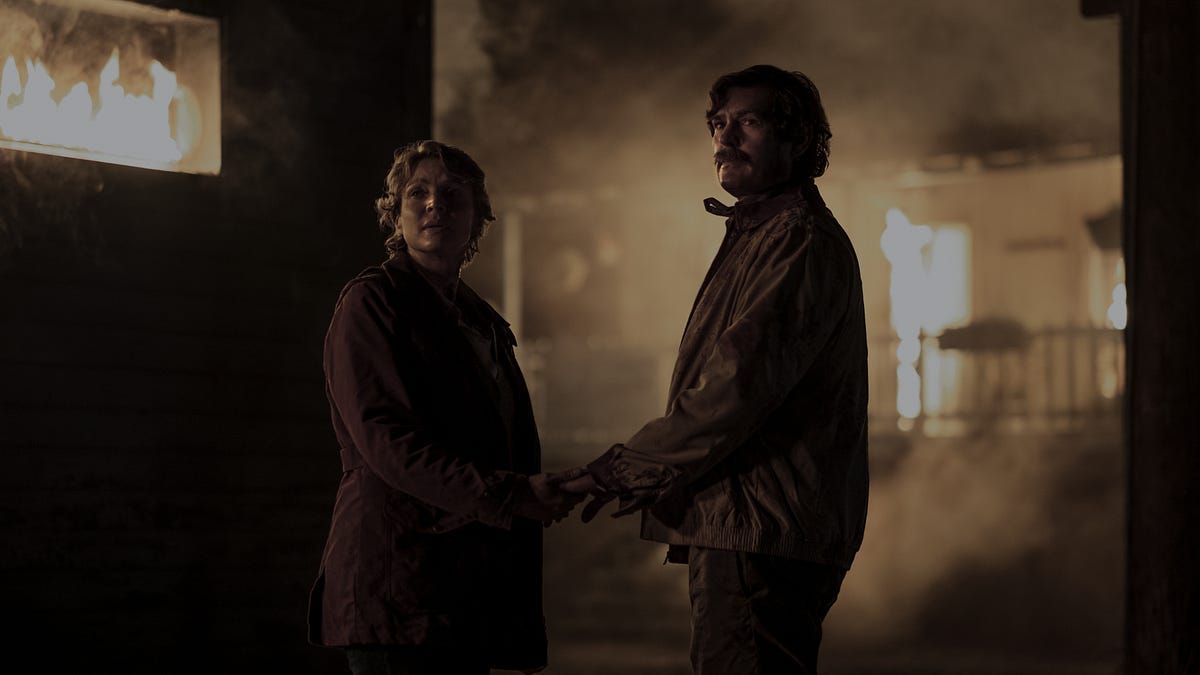
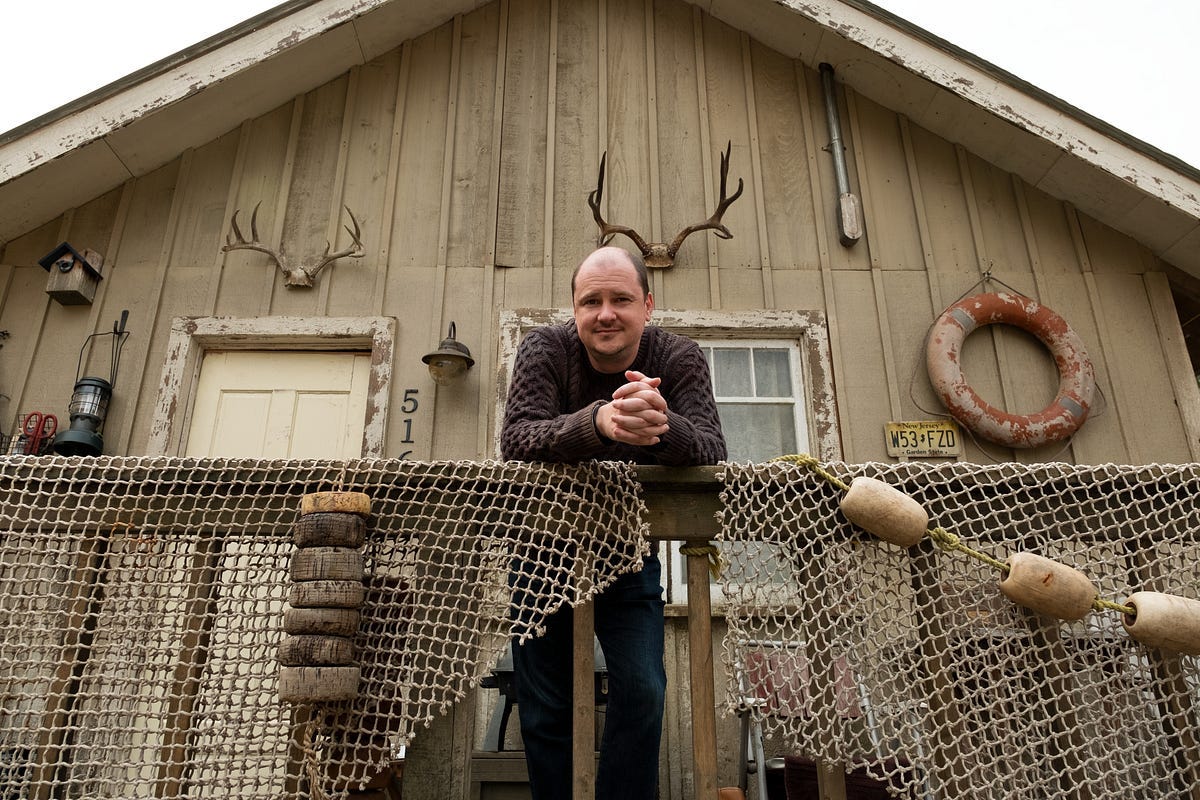
Can’t wait to watch Life of Chuck this summer